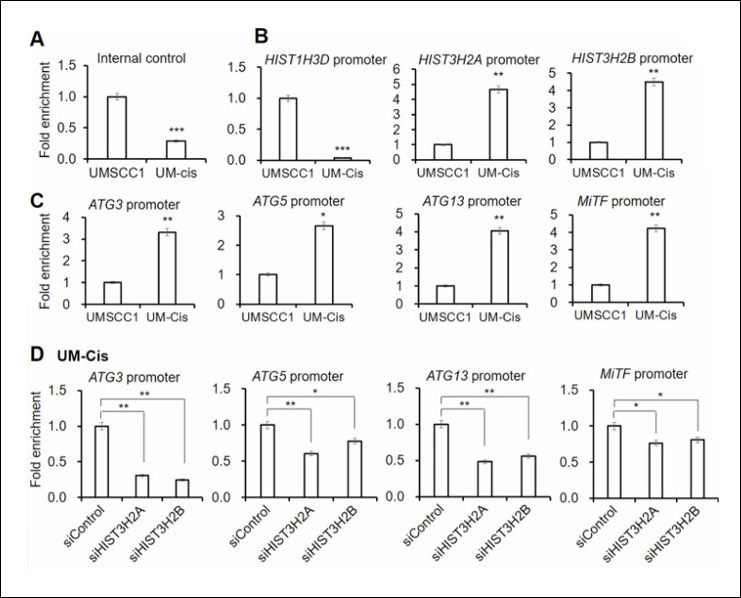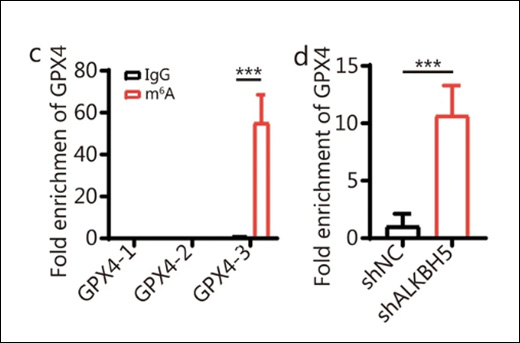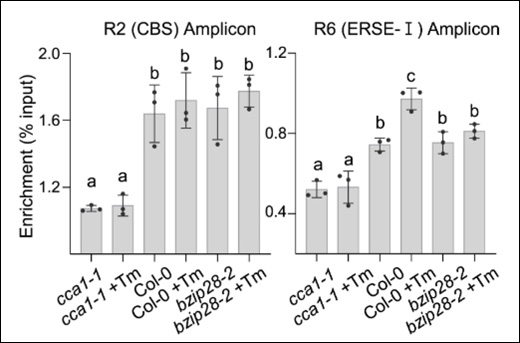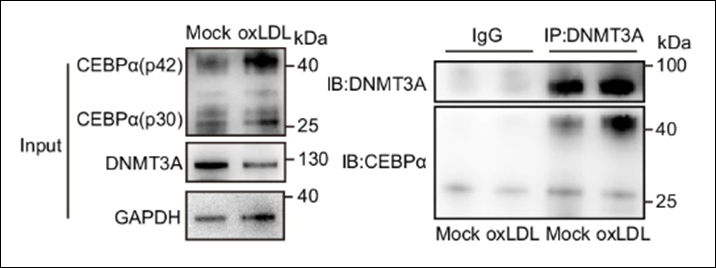Zhang Y et. al. (October 2023). Knocking down a DNA demethylase gene affects potato plant defense against a specialist insect herbivore J Exp Bot.
This study aimed to understand the role of DNA demethylase (DML) genes in potato plant defense against the potato tuber moth. The findings show that knocking down the StDML2 gene reduces jasmonate production and alters defense compound production, making potato plants more vulnerable to herbivore damage. This highlights the importance of DML genes in plant defense against specialist insect herbivores.
Products Used: MethylFlash Global DNA Methylation (5-mC) ELISA Easy Kit (Colorimetric)
Choi J et. al. (September 2023). BML-281 promotes neuronal differentiation by modulating Wnt/Ca2+ and Wnt/PCP signaling pathway Mol Cell Biochem.
In this study researchers investigated the impact of BML-281, an HDAC6 inhibitor, on neuroblastoma SH-SY5Y cells. Their findings revealed that BML-281 induces the differentiation of these cells into mature neurons by activating non-canonical Wnt signaling pathways, suggesting its potential as a novel drug to promote neuronal differentiation and reduce neuronal cell death.
Products Used: EpiQuik Total Histone Extraction Kit
Fu M et. al. (September 2023). ZC3H13 Accelerates Keloid Formation by Mediating N6-methyladenosine Modification of HIPK2 Biochem Genet.
In this article, researchers examined the role of N6-methyladenosine (m6A) modification in keloid formation, a fibroproliferative skin disorder. They discovered that the m6A regulator ZC3H13 plays a crucial role in promoting keloid formation by increasing the m6A modification of HIPK2 mRNA and stabilizing its expression, shedding light on a potential mechanism in keloid pathogenesis.
Products Used: EpiQuik m6A RNA Methylation Quantification Kit (Colorimetric)
Huang B et. al. (September 2023). Programmed Release METTL3-14 Inhibitor Microneedle Protects Myocardial Function by Reducing Drp1 m6A Modification-Mediated Mitochondrial Fission ACS Appl Mater Interfaces.
This article explores the use of double-layer programmed drug release microneedles (DPDMN) to address myocardial infarction (MI). The study demonstrates that DPDMN, delivering METTL3 inhibitor in a phased manner, effectively preserves cardiomyocytes, reduces mitochondrial fragmentation, and inhibits fibrosis, ultimately improving cardiac function and reducing infarct size and fibrosis levels in rat models. This research highlights the potential of microneedle drug delivery as a promising approach for MI treatment and offers insights into the underlying molecular mechanisms.
Products Used: EpiQuik m6A RNA Methylation Quantification Kit (Colorimetric)
Liang L et. al. (September 2023). Comprehensive analysis of aflatoxin B1 biosynthesis in Aspergillus flavus via transcriptome-wide m6A methylome response to cycloleucine J Hazard Mater. 461:132677.
In this study, researchers investigated the impact of cycloleucine on aflatoxin B1 synthesis and its potential as a mycotoxin removal agent. They discovered that cycloleucine inhibits aflatoxin B1 production by affecting N6-methyladenosine (m6A) methylation of mRNA, leading to downregulation of key genes involved in the biosynthesis pathway and reduced mRNA stability. This study highlights the environmental implications of using cycloleucine to mitigate mycotoxin contamination in crops, improving food safety and reducing health risks associated with aflatoxin exposure.
Products Used: EpiQuik m6A RNA Methylation Quantification Kit (Colorimetric)




 Cart (0)
Cart (0)













